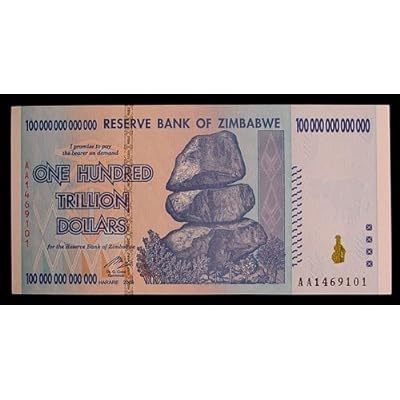Texas Proud
Give me a museum and I'll fill it. (Picasso) Give me a forum ...
- Joined
- May 16, 2005
- Messages
- 17,264
I have been reading some of the discussion on the $1 trillion coin.... just read the actual law and it does appear that they can do this without any vote from Congress... others say it is not legal, so who knows...
Read the part that talks about it and see if you see any restrictions....
31 USC § 5112 - Denominations, specifications, and design of coins
'(k)The Secretary may mint and issue platinum bullion coins and proof platinum coins in accordance with such specifications, designs, varieties, quantities, denominations, and inscriptions as the Secretary, in the Secretary’s discretion, may prescribe from time to time."
31 USC § 5112 - Denominations, specifications, and design of coins | LII / Legal Information Institute
Read the part that talks about it and see if you see any restrictions....
31 USC § 5112 - Denominations, specifications, and design of coins
'(k)The Secretary may mint and issue platinum bullion coins and proof platinum coins in accordance with such specifications, designs, varieties, quantities, denominations, and inscriptions as the Secretary, in the Secretary’s discretion, may prescribe from time to time."
31 USC § 5112 - Denominations, specifications, and design of coins | LII / Legal Information Institute


